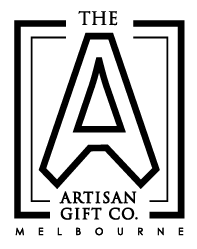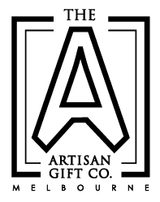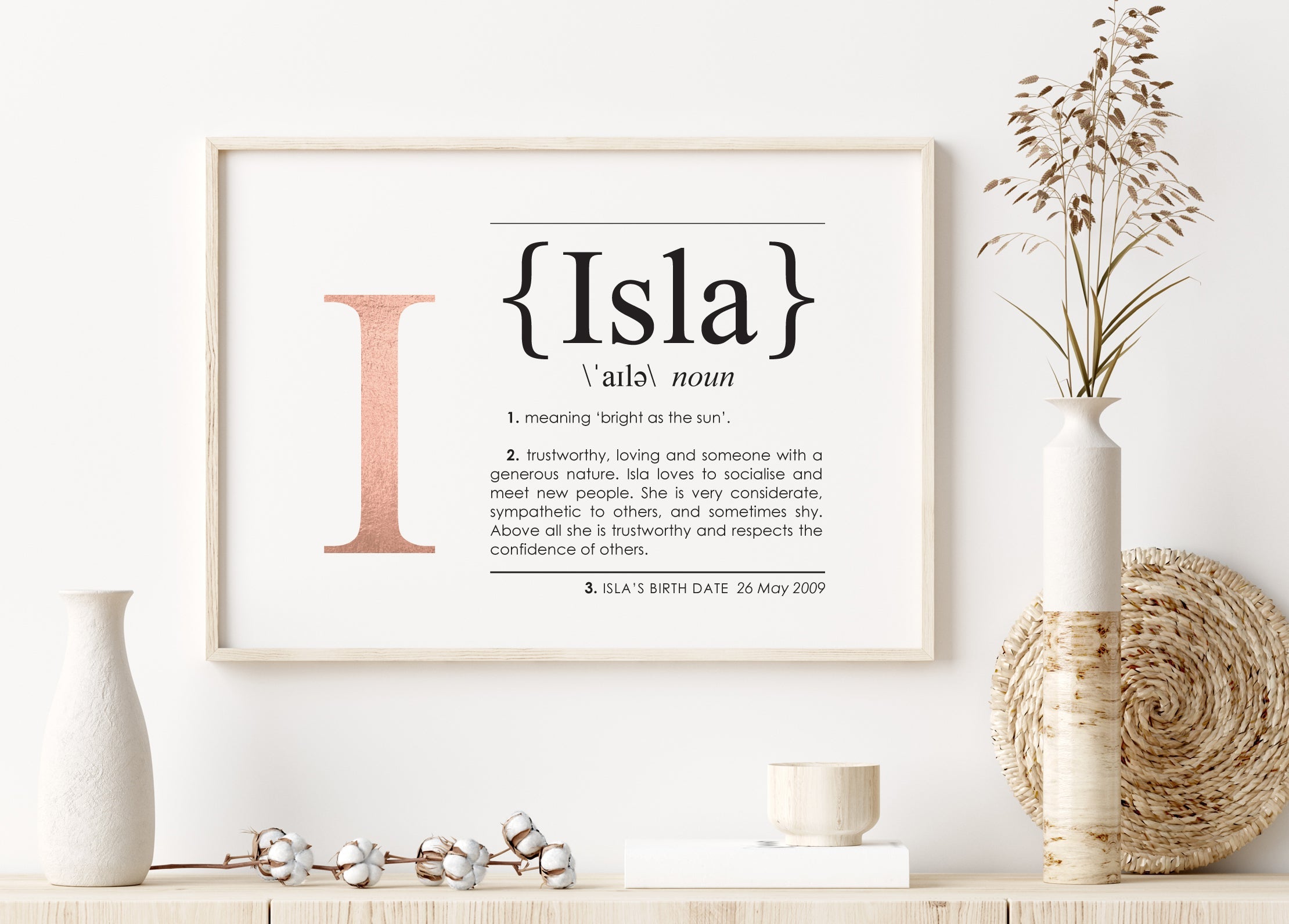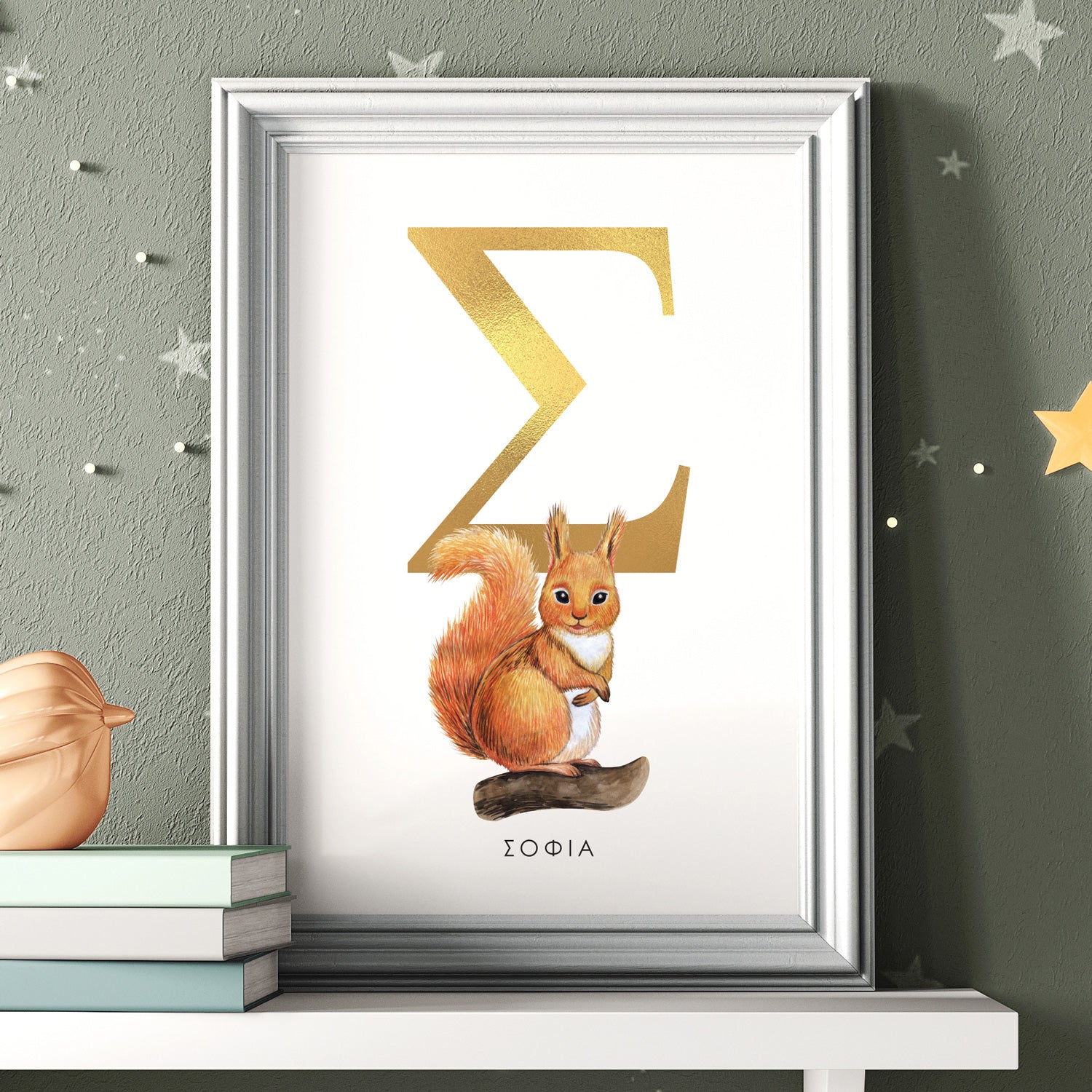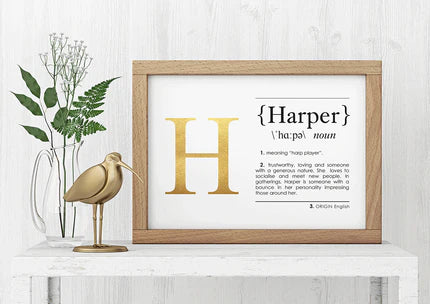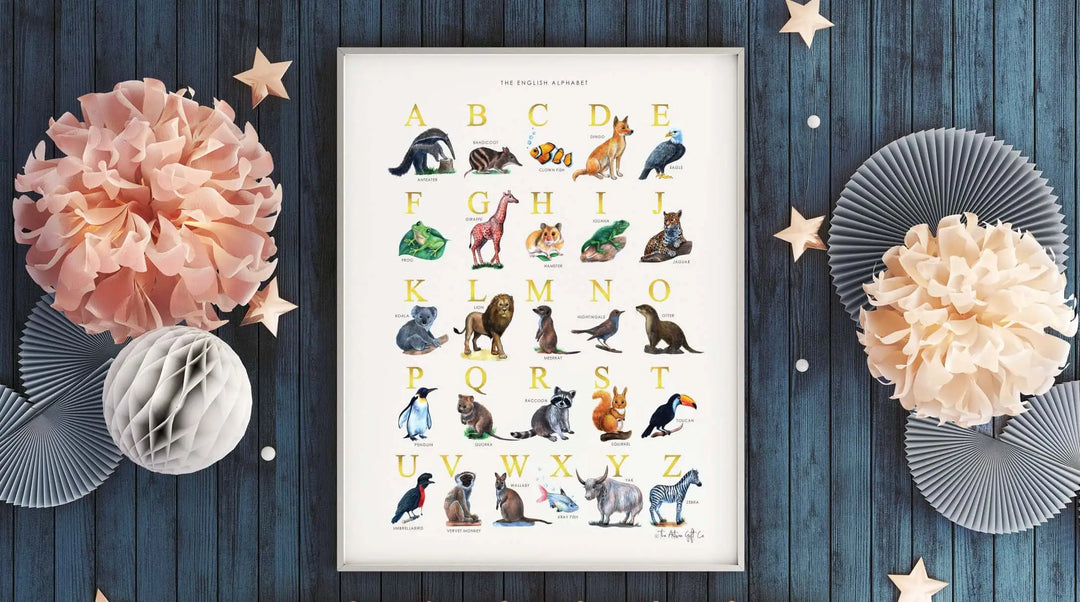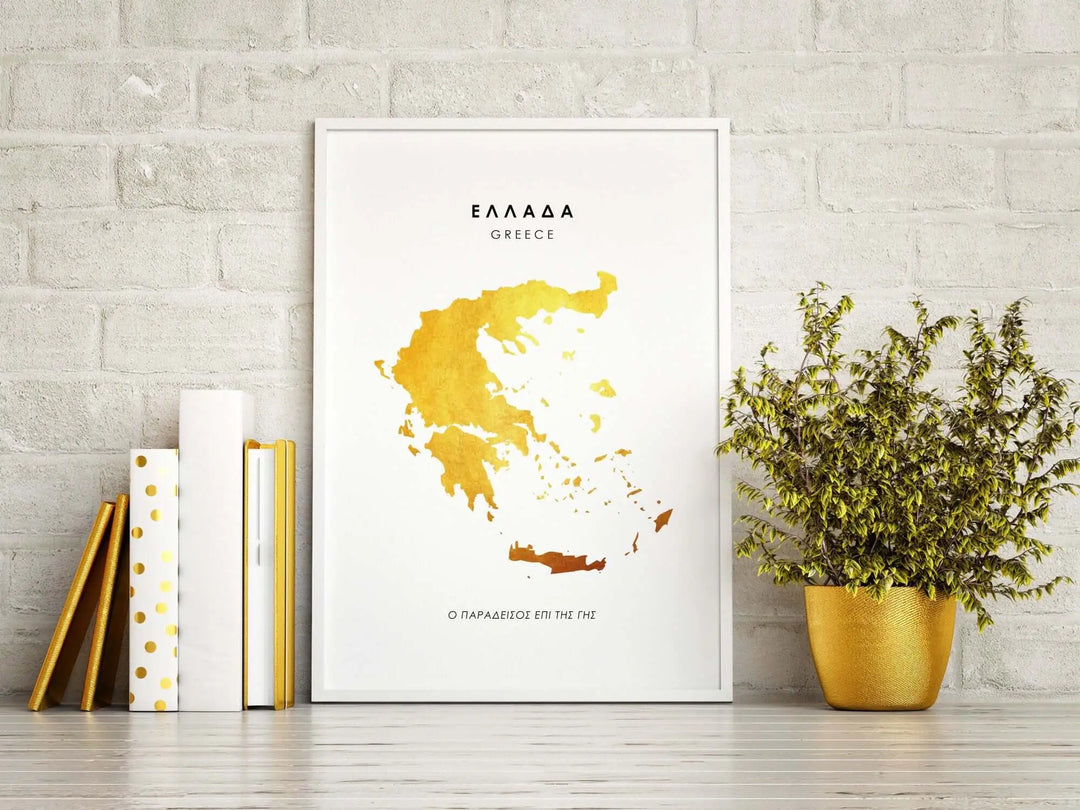Teaching Greek to Kids: Fun and Educational Flashcards
Teaching children a new language can feel like a daunting task, but when learning is fun and interactive, it becomes an enjoyable and rewarding experience for both parents and children. If you're looking to introduce your child to the Greek language, our Greek Language Flashcards are the perfect resource to get them started.
Designed specifically for English-speaking children, these high-quality flashcards make learning Greek engaging and accessible. Whether your family speaks Greek at home or you're simply introducing your child to a new language, these flashcards help lay a strong foundation while making the process playful and interactive.
In this post, we’ll explore the benefits of teaching Greek through flashcards, how our flashcard sets are structured, and why these educational tools are ideal for children of all ages.
Why Use Flashcards for Learning Greek?
Flashcards are a proven educational tool that works exceptionally well for young learners. They’re an excellent way to introduce new concepts and language, especially for children who are visual or tactile learners. Here’s why flashcards are particularly effective for teaching Greek:
-
Visual Learning: Children often learn best through visual stimulation. Flashcards pair pictures with words, helping children associate what they see with what they hear. This multi-sensory approach makes it easier for them to remember new vocabulary and concepts.
-
Repetition and Reinforcement: One of the key benefits of flashcards is that they allow for repeated exposure to new words and phrases. This repetition is crucial for language acquisition. By reviewing the cards regularly, children reinforce what they’ve learned and begin to internalise new words.
-
Interactive and Engaging: Flashcards turn learning into a game, which makes the process more enjoyable for children. They can engage in different activities with the cards, from simple identification to more advanced exercises like matching or creating sentences. The playful nature of flashcards keeps children interested and motivated to learn more.
-
Portable and Convenient: Flashcards are easy to carry around, making them a convenient learning tool for busy families. Whether you’re at home, on the go, or even traveling, you can quickly pull out a set of flashcards for a quick learning session. This flexibility allows children to learn whenever and wherever it suits them.
-
Builds Confidence: Flashcards break down complex concepts into manageable chunks. As children successfully identify and remember the words on each card, their confidence grows. This positive reinforcement encourages them to continue learning, building their language skills step by step.
Our Greek Language Flashcard Sets: A Complete Learning Experience
We’ve created four themed packs of Greek flashcards that cover essential elements of the Greek language. Each set is designed to introduce your child to a specific area of the language, from the basics of the alphabet to more complex concepts like days of the week and seasons.
Here’s an overview of each pack:
-
The Greek Alphabet: Learning the alphabet is the foundation of any language, and our Greek alphabet flashcards make it easy and fun for children to master the Greek letters. Each card features a letter from the Greek alphabet along with a corresponding word that starts with that letter. The bright, colourful illustrations help children remember the letters and their sounds.
- How to Use Them: Begin by introducing your child to each letter, saying its name aloud and associating it with the picture on the card. As they become more familiar with the letters, encourage them to practice recognising the letters in everyday words or phrases.
-
Numbers: Counting is an essential skill, and our numbers flashcards introduce children to the Greek words for numbers 1 through 20. Each card includes the numeral and its corresponding Greek word, along with a visual representation of the number to help children grasp the concept.
- How to Use Them: Start with the numbers 1-10 and gradually introduce higher numbers as your child becomes comfortable. Use the cards to practice counting objects around the house, encouraging your child to say the numbers in Greek as they count.
-
Seasons and Days of the Week: This set introduces children to time-related vocabulary, including the names of the seasons and days of the week in Greek. These concepts help children understand the passing of time, while also expanding their vocabulary with words they’ll use in daily conversations.
- How to Use Them: Incorporate these flashcards into your daily routine by using the days of the week to talk about what day it is, or what activities you have planned for each day. Use the seasons cards to discuss the weather and nature around you, helping your child make connections between the words and their environment.
-
Colours and Shapes
Learning colours and shapes is a key part of early childhood development, and our Colours and Shapes flashcards make it easy and fun to introduce these concepts in Greek. Each card features a common colour or shape, along with its Greek name and a bright, colourful illustration to help children visually connect the word to the concept.
-
Shapes: The set includes a variety of common shapes, such as squares, circles, and triangles, each paired with its Greek name. The colourful illustrations and clear design make it easy for children to recognise and learn the shapes in Greek.
-
Colours: From red to blue, green to yellow, children will learn the names of colours in Greek while associating them with vivid illustrations. This makes the process engaging and helps build vocabulary in an interactive way.
How to Use Them
-
Real-World Practice: Point out colours and shapes around your home or while out and about, asking your child to identify them in Greek. This real-life application reinforces the vocabulary they’ve learned and makes the experience more engaging and practical.
-
Colour and Shape Sorting: Create a fun sorting activity by gathering objects of different colours and shapes. Ask your child to group the items based on their colour or shape, while encouraging them to say the Greek words aloud as they sort.
This combination of shapes and colours creates a dynamic learning experience, helping children develop essential cognitive skills while learning Greek in a fun and natural way.
-
Engaging Activities to Boost Learning
While flashcards are already an excellent tool for learning Greek, there are plenty of creative ways to use them to make the process even more engaging for your child. Here are a few fun activities to try:
-
Memory Matching Game: Lay out the flashcards face down and play a memory game. Your child must flip over two cards at a time and try to find a matching pair (for example, a shape and its name in Greek). This game strengthens both memory and language skills.
-
Guess the Word: Hold up a flashcard and ask your child to guess the word in Greek based on the picture. If they get it right, they keep the card; if not, you can give them a hint and try again. This game encourages them to think critically and practice recalling the Greek words.
-
Flashcard Scavenger Hunt: Hide flashcards around your house and give your child clues in Greek to find them. This activity gets them moving and thinking, making learning more dynamic and exciting.
-
Storytime with Flashcards: Pick a theme, such as numbers or shapes, and use the flashcards to create a simple story in Greek. For example, “The triangle went to the park and saw three birds.” This activity encourages creativity and helps children practice using their new vocabulary in context.
Building a Bilingual Foundation
Learning a second language at a young age offers numerous cognitive, social, and emotional benefits. Introducing your child to Greek through our flashcards can help them develop a range of skills that will benefit them throughout their lives. Here’s how:
-
Cognitive Development: Studies show that learning a second language improves memory, problem-solving skills, and critical thinking. Using flashcards to teach Greek stimulates your child’s brain and helps them develop these cognitive abilities.
-
Cultural Awareness: By learning Greek, children gain a deeper understanding of Greek culture, history, and traditions. This cultural awareness fosters empathy and respect for diversity, helping them grow into open-minded individuals.
-
Language Proficiency: The more exposure your child has to Greek through flashcards and other tools, the better their language proficiency will become. Consistent practice will help them develop strong listening, speaking, and reading skills in Greek.
Why Our Flashcards Stand Out
Our Greek Language Flashcards are designed with both quality and educational value in mind. Here’s what sets them apart:
-
Durable and Long-Lasting: Made from high-quality materials, our flashcards are built to withstand daily use. They’re sturdy enough for little hands, ensuring they’ll last as your child grows and learns.
-
Beautifully Illustrated: Each card features vibrant, eye-catching illustrations that capture children’s attention and make learning fun. The colourful images help reinforce the words on the cards, making it easier for children to remember them.
-
Easy to Use: Our flashcards are designed to be simple and intuitive, so both parents and children can use them with ease. They’re an excellent tool for structured learning sessions or spontaneous moments of learning throughout the day.
Final Thoughts: Making Greek Language Learning Fun
Language learning doesn’t have to be a chore. With the right tools, it can be an exciting adventure for both children and parents. Our Greek Language Flashcards provide a fun, interactive way to introduce your child to the Greek language, helping them develop essential language skills while enjoying the process.
Ready to start teaching your child Greek? Explore our range of Greek Language Flashcards and watch as they embark on their language learning journey today!
